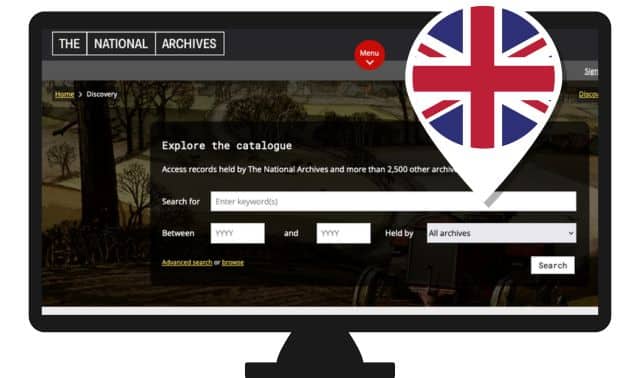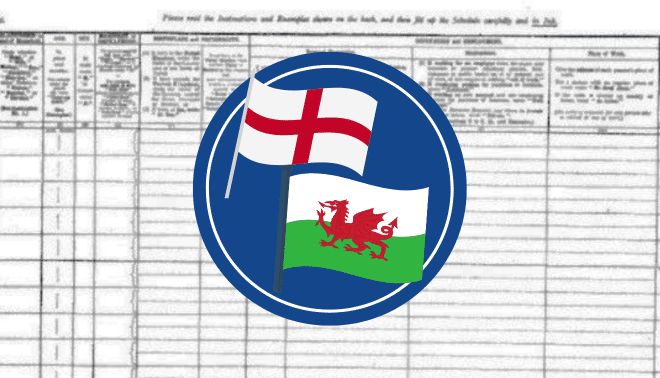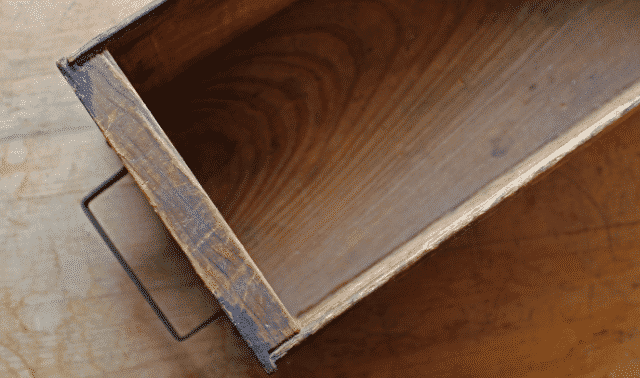Church records date from the 1500s in England, and the 1600s in Scotland and Wales. They’re the best source for English and Welsh birth, marriage and death data before 1837 (when civil registration began), and for Scottish birth and marriage data before 1855 (the church there kept few burial records).
Each church parish — which might cover more than one village — kept records of its parishioners. Beginning in 1598, English and Welsh parishes were required to make copies of their registers for the bishop of the diocese. Known as bishop’s transcripts, these records were supposed to be exact copies of the parish registers. In practice, one set of records may contain more information, be more legible or cover more years, so it’s worth checking both parish registers and bishop’s transcripts.
Of course, many nonconformists — Roman Catholics, Baptists, Jews, Quakers and other groups that diverged from the established church (the Church of England in both England and Wales, and the Presbyterian Church in Scotland) — lived in the British Isles. Wales in particular was a hotbed of nonconformism. For the most part, nonconformists kept their own records; however, before 1837, many English and Welsh nonconformists were married by the Church of England, so they’ll have Church of England marriage records. Some nonconformist records are still kept by the churches and synagogues that created them. Others were deposited in county record offices, the National Library of Wales, the General Register Office for Scotland or church archives.
Most early English and Welsh parish registers now are in county record offices; you’ll find their addresses on GENUKI <www.genuki.org.uk> (click on “Enter this large collection …” then on the country and county of interest). The General Register Office has Scottish parish registers up to 1855.
To determine the county where your ancestors’ parish was located, use the GENUKI Church Database <www.genuki.org.uk/big/parloc/search.html> and the gazetteers listed in our toolkit.
Fortunately, you don’t have to make a trip to Great Britain to search these records. The FHL has microfilmed many parish registers, bishop’s transcripts and nonconformist records. You can order these filmed documents through your local FHC. To find the right rolls, do a place search for the parish in the FHL catalog and look for the topic Church Records in the results.
Several indexes put British church records at your fingertips. The National Burial Index for England & Wales from the Federation of Family History Societies (FFHS) <www.ffhs.co.uk> catalogs more than 13 million burials in church and cemetery registers. Each entry includes the person’s name, age and burial date; the parish or cemetery where the event was recorded; and the group that extracted the record. The four-CD set costs about $83. Look to these Web sites for even more data:
? Ancestry.com’s UK and Ireland Collection: Subscribe to the World Deluxe membership to access this record collection. Of particular interest is the England, Wales, Scotland, Ire-land: Parish and Probate Records database <www.ancestry.com/search/rectype/vital/epr>, which has information on 15 million people from the mid-1500s to the mid-1800s. Also see Pallot’s marriage and baptism indexes for England, covering 1780 to 1837.
? British Origins <www.britishorigins.com>: Here you’ll find several important databases, including large collections of church records. Boyd’s Marriage Index contains 7 million names from 1538 to 1840. Subscription options range from access for several days or a full year.
? FFHS’ Family History Online <www.familyhistoryonline.net>: Societies across England and Wales transcribed the 52 million records in this database. Sources include church records spanning 1537 to 2000 and gravestone inscriptions from 1003 to 1998. You can search the index of names for free. You have to buy prepaid vouchers to view full details.
Online indexes will save you a lot of time, but when you find a reference to your family, it’s well worth looking up the original record for more information.




